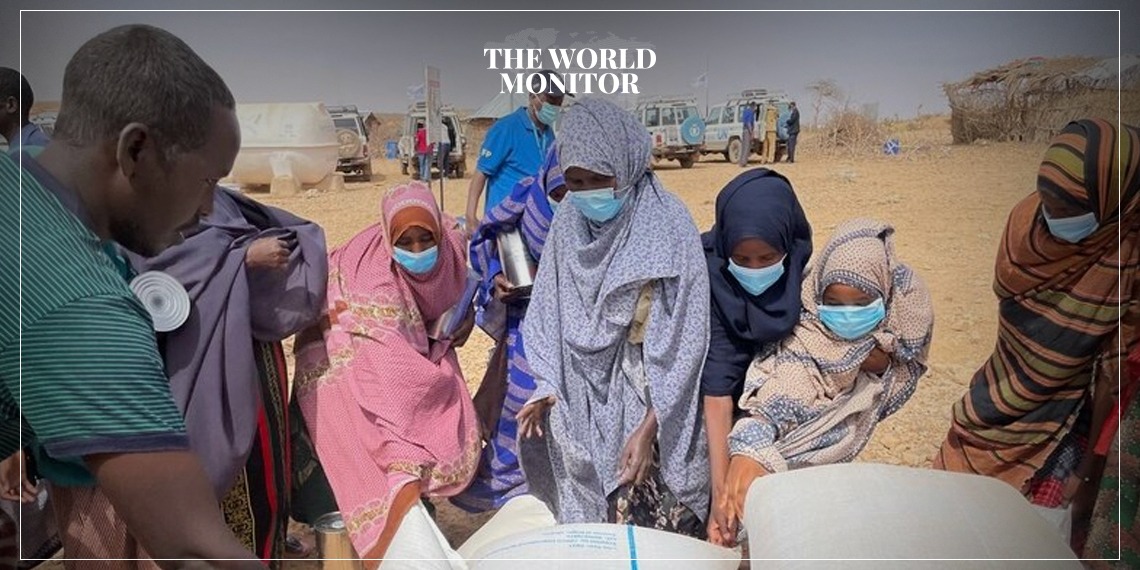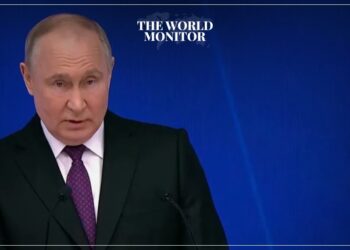The United Nations’ World Food Program (WFP) has announced a release of $12.8 million, marking its largest cash infusion to date, dedicated to assisting those impacted by an impending drought in four Southern African nations. This drought is a consequence of the climatic phenomenon known as El Niño.
The international body has stated that these funds will be utilized to implement proactive measures aiming to shield the livelihoods and lives of over half a million people.
• Germany, EU, and Norway Finance Early Warning Initiatives: The WFP, in a report released on Monday in Geneva, highlighted that this activation, co-funded by Germany, the European Union, and Norway, will enable the dissemination of early warning text messages, distribution of drought-resistant seeds, provision of anticipatory funds, and ensuring potable water access for communities and livestock.
This initiative aims to benefit over 550,000 individuals across Lesotho, Madagascar, Mozambique, and Zimbabwe.
• Dire Food Security Forecast Amidst El Niño: The report anticipates the El Niño phenomenon to hit a region already under immense stress. Approximately 47.4 million people are grappling with severe food insecurity across parts of South and Central Africa. This climatic event is forecasted to break regional records in temperature and rainfall, peaking between November 2023 and January 2024, coinciding with the dry season extending until February of the following year
• Reduced Rainfall Predicted During Critical Farming Period: Rainfall is expected to decrease across most of the region, especially during the crucial planting months of December and January. This is predicted to adversely affect the harvest in April 2024. The UN program cautions that another subpar season could drastically exacerbate food availability issues.
• Climate Change Impact on Low Carbon Emitting Region: While Southern Africa contributes minimally to global carbon emissions, it currently faces escalating challenges due to climate change. Extended drought periods have emerged as a primary cause of food insecurity in the region.
The World Food Program (WFP) is the food-assistance branch of the United Nations. It is the world’s largest humanitarian organization addressing hunger and promoting food security. Through food assistance, the WFP supports countries that are most vulnerable to hunger and famine.
El Niño is a recurring climatic phenomenon characterized by prolonged warming in the Pacific Ocean sea surface temperatures. This event often leads to extreme weather patterns across the globe, including droughts in parts of Africa.






